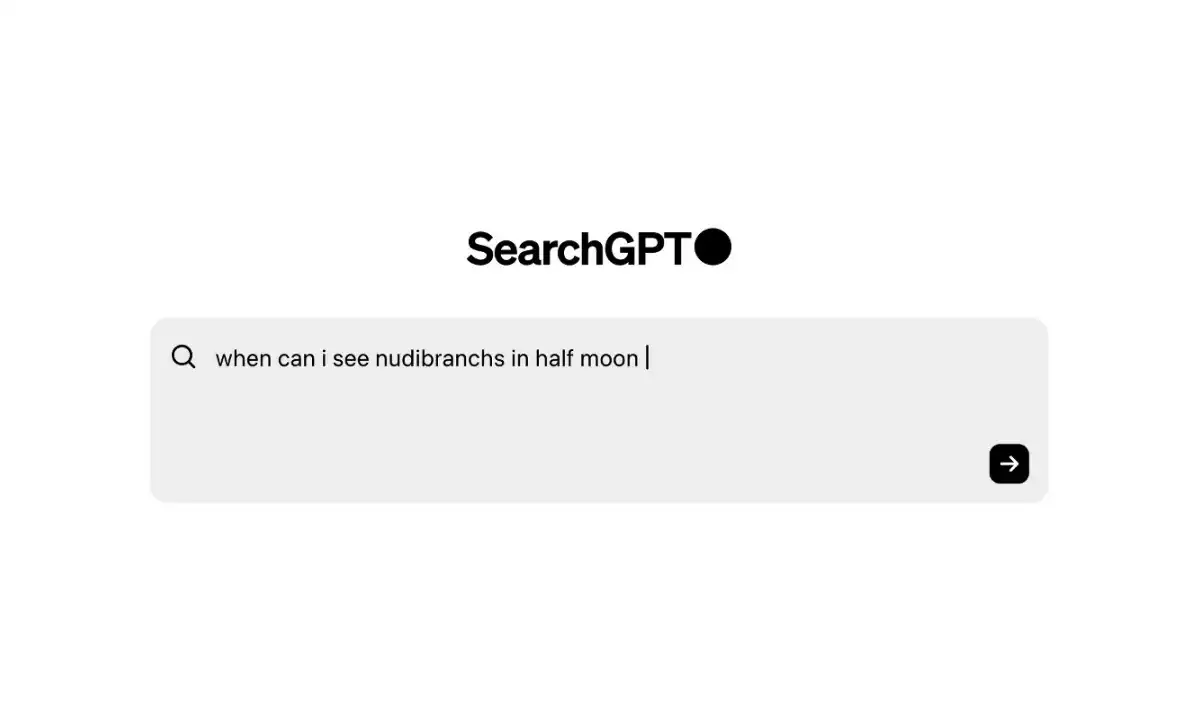SearchGPT – most likely advanced search technologies using ChatGPT or something similar – can quickly become a serious contender to Google Search. Since the ChatGPT search tool is based on Artificial Intelligence, it may become a serious competitor to Google Search; however, it has to face those aspects, which were described above. The competitiveness would then depend on the firm’s capacity to offer better search quality, user experience, and innovation.
Hence, while Google Search provides pages of links, SearchGPT provides accurate answers in simple terms and with clever references. The only difference between ChatGPT search and Google Search is that GPT Search Engine allows you to ask follow-up questions – yes, like a real conversation with a person.
A GPT Search Engine Major features
- AI-powered search – these are models in which the AI is implemented in searching credible, contextual information.
- Dialog – comprehends and answers the user in terms of free text.
- Real-time analysis – the ability to include real time web data in the calculation for up-to-date answers.
- Continuation of the discussion – enables users to ask related or additional questions to keep the discussion going.
SearchGPT may take Google Search in the future
While SearchGPT can be said to be in the right direction, early versions will have their nuisances to deal with and AI is still in its budding stage. However, currently, AI is still accompanied by numerous mistakes. Sometimes it is correct. Sometimes it is and at other times it is not. There is no way for the user to distinguish a fake from a genuine unless the user has the information.
Google Search has created a solid foundation of a user-friendly experience with fast and intelligent solutions. The total time rendered to the task at hand would need to be matched or surpassed by any new contender. To be able to successfully challenge Google or even integrate with it to search for optimal results one should provide search results as accurate as Google. This calls for deep analysis of the user’s query, the context, and an accurate response to the same.
